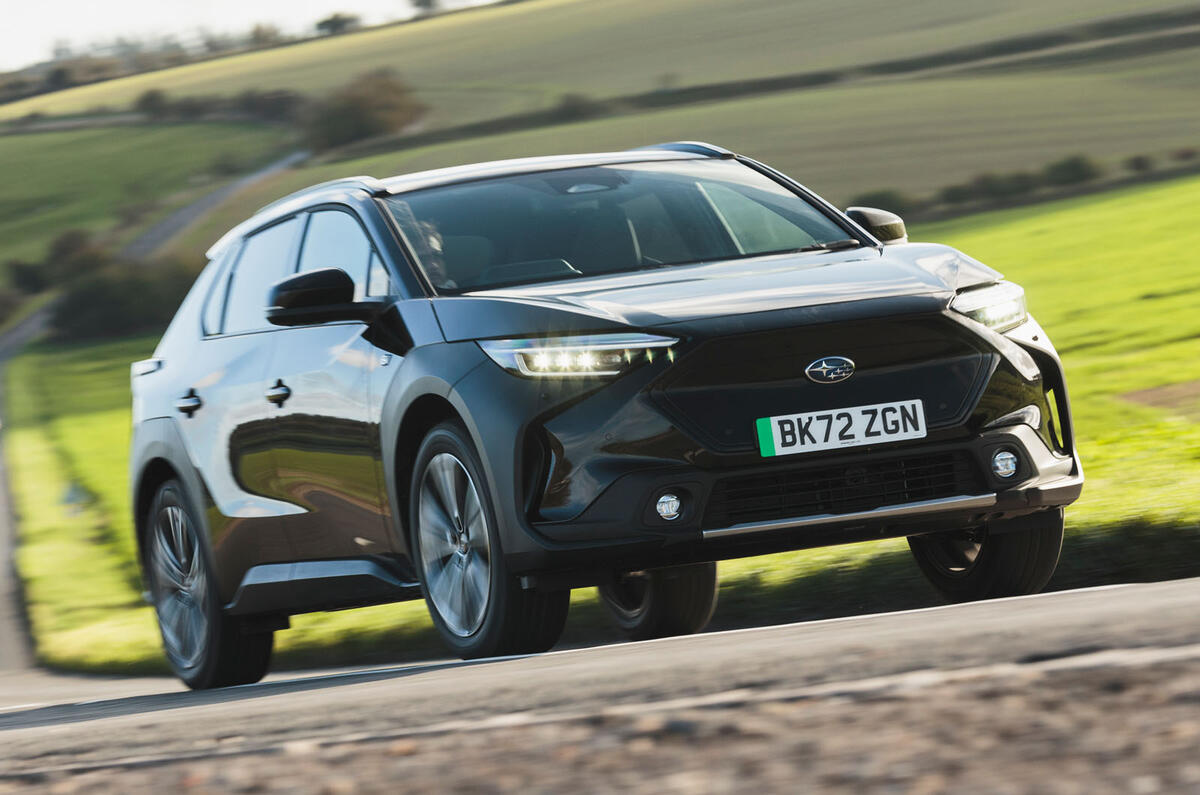The Japanese government has granted Mazda, Nissan, Subaru and Toyota a reputed ¥326 billion (£1.7bn) in subsidies to ramp up production of EV batteries.
Subaru received the largest investment, at ¥156.4bn (£834m), which will result in it building a joint-venture battery factory with Japanese electronics giant Panasonic.




Add your comment